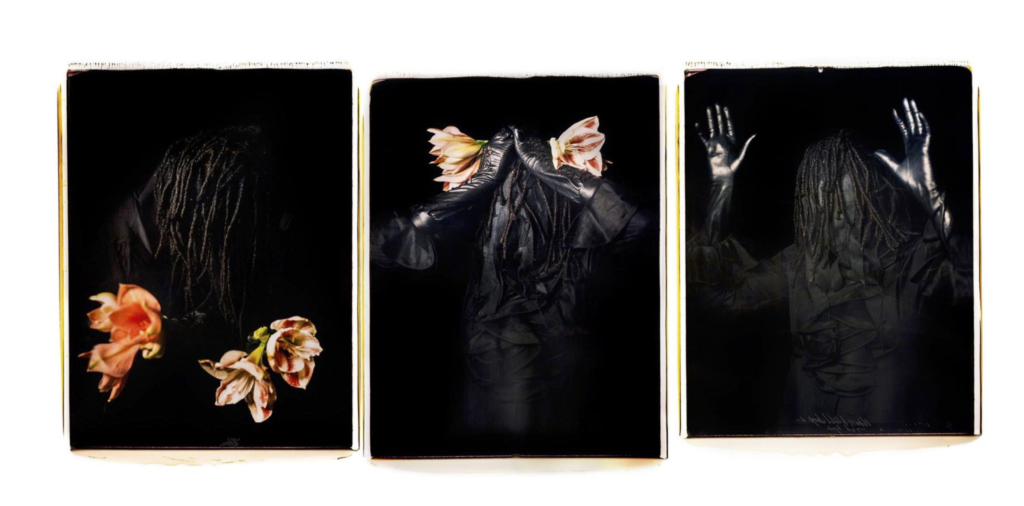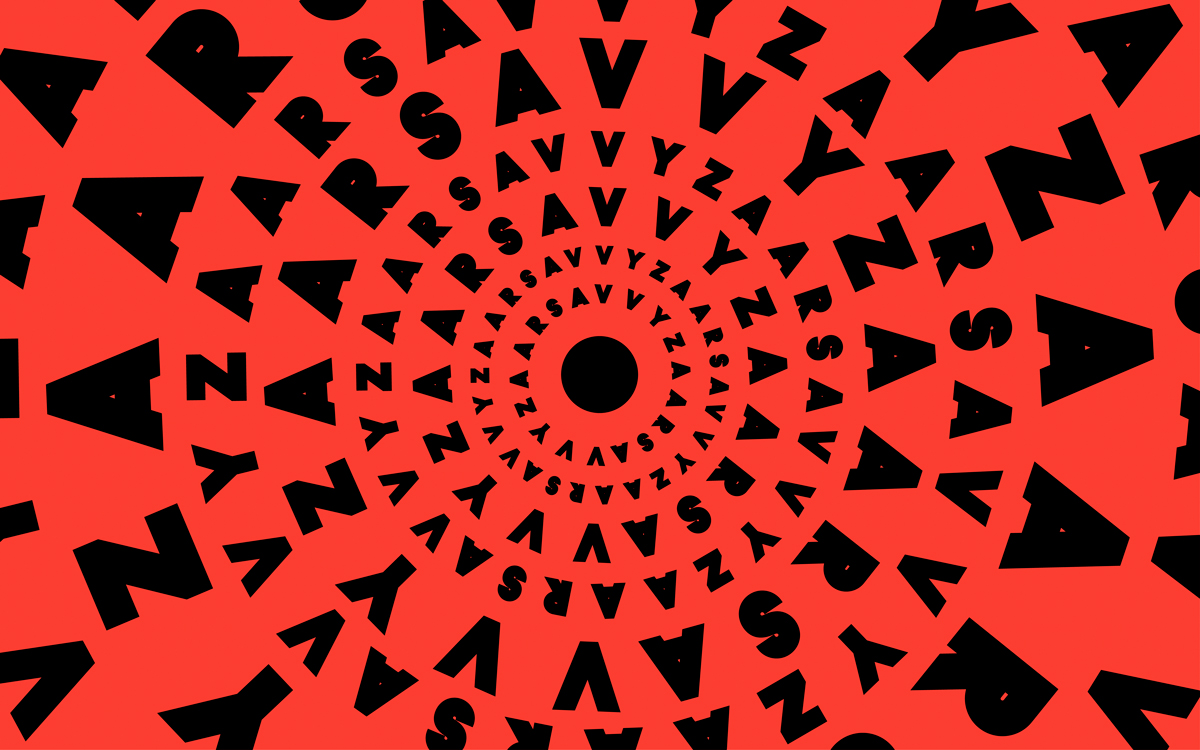Engine for Art, Democracy, and Justice

plattform für wissenschaftliche kreative und soziale Untersuchungen
SAVVYZΛΛR Online-Übertragung und im Radio auf 88.4 FM in Berlin & 90.7 FM in Potsdam
Sendungen
04.04.2021 16:00 Episode #1 Redefining Monuments
02.05.2021 16:00 Episode #2 Performativity and the Social Body
13.06.2021 16:00 Episode #3 Love Transmutation
Focused on healing at a time of significant social unrest, Engine for Art, Democracy, and Justice (EADJ) is a collaboration between Fisk University, Frist Art Museum, Millions of Conversations, and Vanderbilt University that explores creative approaches to living together in the South(s). Initiated by Magda Campos-Pons, as part of her appointment as the Cornelius Vanderbilt Endowed Chair Professor of Fine Arts, EADJ is a platform for academic creative and social exploration that takes visual representation as a focus and allies with many arts to develop new knowledge and new practices. It is a forum for a diversity of approaches and inclusive discussion on cultural interconnections, historical entanglements, and the consequences of geographies, histories, and politics. In a series of virtual conversations and artistic collaborations, EADJ offers opportunities to engage with painful historical legacies and progress toward more just and democratic futures.
Living in Common in the Precarious South(s), was curated in 2020 by Marina Fokidis and offered a set of discussions examining the consequences of social and historical inequities in the southern imaginary as seen in art from Latin America, Africa, South Europe, and the American South. These geographies and their idiosyncrasies are being explored through the vehicle of the human body as a metaphor for exploitation, pandemic, diaspora, and healing.
Episodes
04.04.2021 16:00 Episode #1 Redefining Monuments
Redefining Monuments traces the ongoing struggle against the damaging history of racism and slavery in the United States – visible representations of this past have been flashpoints, especially during the summer of 2020, when successful efforts around the nation have unseated many memorials to the Confederacy and racist political leaders. Apart from these “intentional monuments” (as Alois Riegl termed them), there are myriad other buildings, sites, and objects that represent the painful history of white subjugation of non-white peoples. We must now ask: How can we make monuments that promote positive values of inclusivity, that honor the suffering and struggle of our forebears, and that promote dialogue and understanding?
In the first hour, you will listen into a conversation between artists Hank Willis Thomas, Carrie Mae Weems, and curator and director of De Appel Center in Amsterdam Monika Szewczyk, moderated by Kevin Murphy, the Andrew W. Mellon Chair in the Humanities and Professor of the History of Art, Vanderbilt University, Nashville, US. The second hour features a conversation between artist Ibrahim Mahama, poet Caroline Randall Williams, and SAVVY Contemporary’s artistic director, Bonaventure Soh Bejeng Ndikung, moderated by Jamaal Sheats, director and curator of the Fisk University Art Galleries and assistant professor in the Fisk University Art Department, Nashville, US.
02.05.2021 16:00 Episode #2 Performativity and the Social Body
How can we form agile and heterogenous alliances that circumvent systematic strategies of dehumanization and disenfranchisement of poly-rational, poly-cultural, and poly-directional beings? What are the shapes we can together imagine, that cultivate a plural dissidence: affirming manifold realities and bringing about necessary repair?
This session considers performativity as a practice of resilience, resistance, and transcendence: sociality, subjectivity, and other concepts of embodied research, will be discussed as antidotes to structures of oppression, inequity, ideologic white supremacy, and patriarchy. With the sessions’ interdisciplinary contributors, close attention to emotional and political gestures that bring silenced histories to the fore are conjured as means of voicing, rebelling, and persevering.
This episode is in conversation with Doris Sommer, Director of Cultural Agents Initiative and Professor of Romance Languages and Literatures and of African and African American Studies, of Harvard University; Cecilia Vicuña, Artist and Poet living between New York, U.S. and Santiago, Chile; Nikki A. Greene, Assistant Professor of the Arts of Africa and the African Diaspora of Wellesley College, U.S.; Paul Preciado, Writer, philosopher, curator from Spain; Okwui Okpokwasili, choreographer and performer from the US; and Regina José Galindo, Artist, from Guatemala.
13.06.2021 16:00 Episode #3 Love Transmutation
This session focuses on love as a path toward justice and democracy, it beckons through the processes of art which reframe perspectives, feelings, and reflections. As such, love is the engine for positive social change. It promotes healing of wounds and continuing health by refreshing the physical and emotional circuits that flow toward freedom. Assaults on black bodies are also assaults on the general body politic and on individual hearts and minds. Protecting justice and democracy we will summon the healing ministries of love generated by the engine of art. While public rhetoric portrays COVID-19 as a foreign invader, the virus itself is not an agent. It doesn’t invade us; we make decisions, or do not, through our human connections. With art, driven by love, we can adjust how these connections are made. This episode will look at the viral pandemic in terms of connectivity, migration, and how internal vulnerability manifests itself externally.
Künstlerische Leitung Bonaventure Soh Bejeng Ndikung
Radio-Team Arlette-Louise Ndakoze, Kamila Metwaly, Kelly Krugman
Management Lema Sikod, Lili Somogyi, Jörg-Peter Schulze
Kommunikation Anna Jäger
Design Juan Pablo García Sossa

